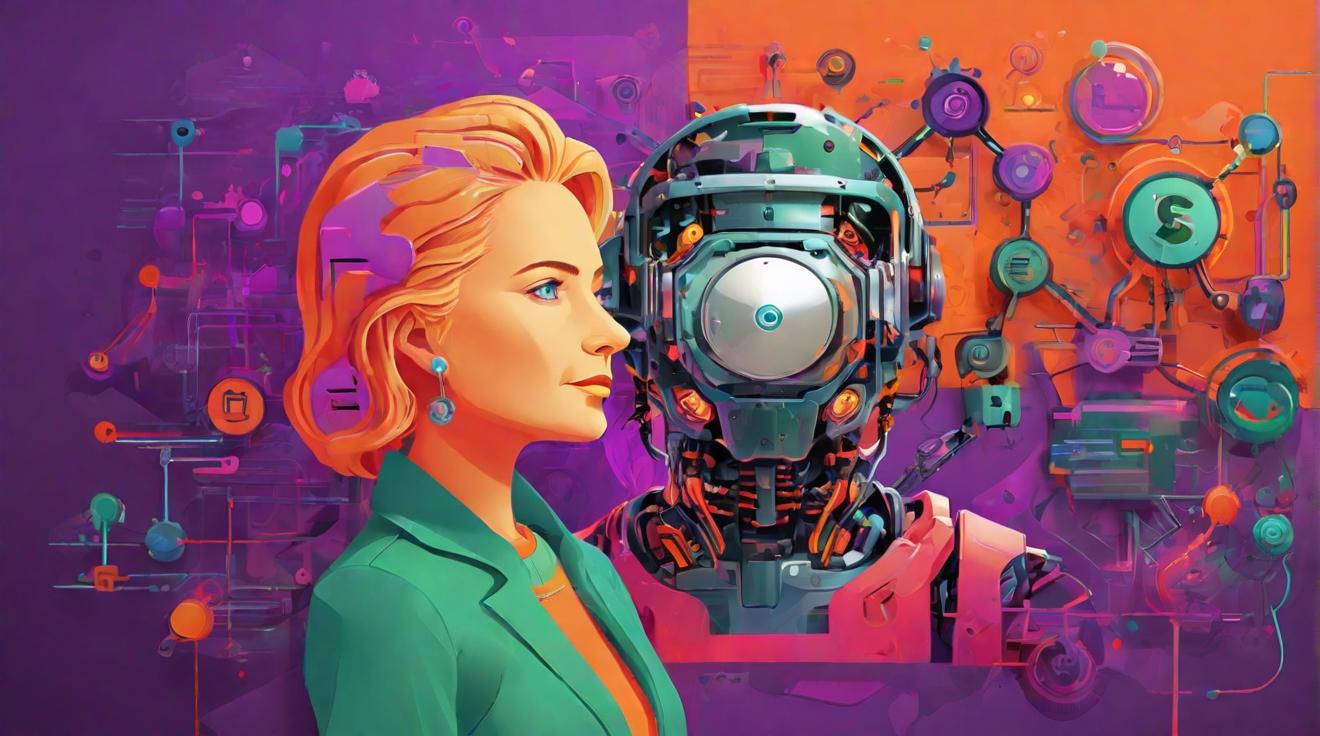AI's Threat to Elections Amplified Ahead of 2024 U.S. Vote, Hillary Clinton and Experts Warn
Hillary Clinton, a figure closely linked to the evolution of digital threats in politics, recently expressed her concerns about the dangers of AI-generated content and deepfakes in the political landscape, especially with the 2024 U.S. election approaching. At a joint event by the Aspen Institute and Columbia University, Clinton described AI as representing a "totally different level of threat," outpacing the challenges previously posed by social media platforms like Facebook and Twitter.
"They had all kinds of videos of people looking like me, but weren’t me," Clinton recounted, underscoring the challenge in distinguishing real from fabricated content. This sentiment was echoed at the event, which gathered leaders from the worlds of government, AI, and media to tackle the growing menace of election interference through AI.
Michigan Secretary of State Jocelyn Benson highlighted the dual challenge and opportunity presented by AI, emphasizing the importance of equipping citizens with the skills to critically assess information. Her state has taken proactive steps by passing new laws aimed at curbing AI-generated misinformation in elections.
Anna Makanju, of OpenAI, noted the enhanced preparedness against online misinformation compared to 2016, although stressing the unique challenges posed by AI content generation.
The discussions also ventured into the legal landscape, with calls for reforming Section 230 of the Communications Decency Act. Nobel Laureate Maria Ressa criticized the current state of "impunity" enjoyed by tech companies against the backdrop of online harassment and misinformation.
Michael Chertoff, Eric Schmidt, and David Agranovich offered insights into navigating the information conflict domain, underscoring the shifting responsibilities across digital platforms and the need for regulatory and cooperative solutions to address the burgeoning AI challenges.
###AI's Role in Modern Freelancing: Insight from Fiverr's CMO
Turning the lens towards the practical applications and responses to the AI wave in the business sector, Matti Yahav, CMO of Fiverr, discussed the evolving landscape of freelancing in the age of AI. Yahav outlined the integration of AI tools and applications across various services on the platform, from chatbot development to AI prompt engineering.
Yahav also highlighted Fiverr's proactive stance in both accommodating the demand for AI-driven services and exploring advertising opportunities on AI platforms, ensuring the marketplace remains at the forefront of leveraging AI for enhanced service delivery.
With the 2024 U.S. election on the horizon and AI's capabilities advancing rapidly, the discourse around AI’s impact on democracy and misinformation is becoming increasingly vital. Both government entities and private sector players, like Fiverr, are exploring ways to mitigate the risks while harnessing the positive potential of AI technology.
Analyst comment
This news can be evaluated as negative as it highlights the increasing threat of AI-generated content and deepfakes to elections. The market is likely to see increased demand for AI-driven technologies and solutions to combat the challenges of misinformation and election interference. Regulatory reforms may also be implemented to address these issues.













